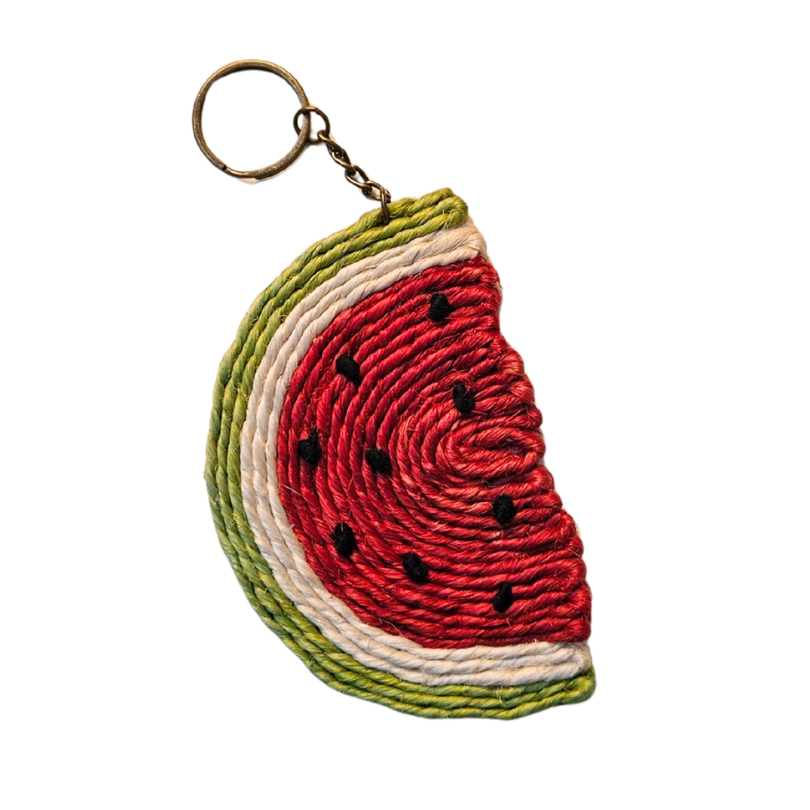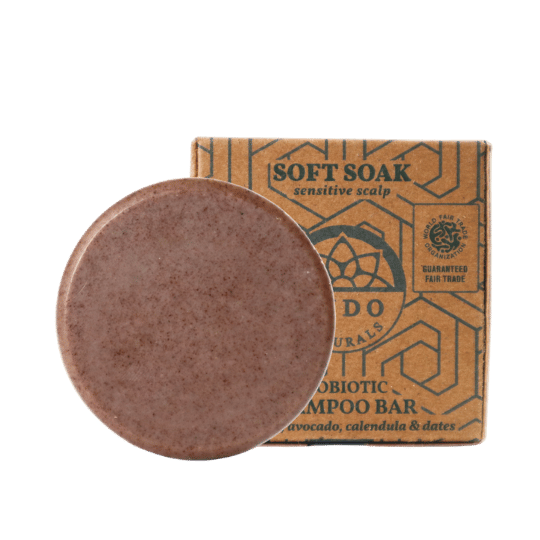CO2 emissions - how we minimize and neutralize
- Indo Naturals

- Apr 22, 2021
- 2 min read
Upon hearing about CO2 emissions, we think of big factories puffing out large amounts of dark smoke. In reality, carbon is being emitted all the time, all around us. CO2 is grossly over-emitted due to human activities. These emissions have thrown the carbon cycle off balance, and we should all be a part of fixing that.
As a zero waste brand that strives to be part of a sustainable future, we are actively working to not only neutralize, but also minimize our CO2 emissions.
Our products are made in India using local base ingredients. Our producer partners are based in the areas from where we obtain raw materials. Transportation of raw materials is, therefore, minimal. The products are mainly handmade, meaning very little energy is used in the production. Furthermore, some of our partners also run on solar energy.
Yet, we are not perfect. Our CO2 emissions stem from the transportation from India to Europe. It is something that we wish to eliminate. However, in today’s system, we have no choice. The good news is that the per product emission is low. In fact, the CO2 emissions from the production of one soap bar is equivalent to the release from an average human breathing for 30 minutes. The CO2 emissions from shipping 10 000 soap bars is equal to a 10-hour car ride. For delivery, we use CO2 neutralized postal services and never use the express options because faster transport such as air freight leads to more emissions. We strive to emit as low CO2 as possible, and hope that zero CO2 shipping options will be available in the near future.

To get an overall picture of CO2 emissions related to consumer products, it is important to consider the alternatives. Products made in Europe with ingredients from other continents should not be linked to less CO2 emissions. In reality, products made in the proximity of the sales market using transported ingredients are often connected to more CO2 emissions. This is because the ingredients often will be transported around by several traders in various locations through commodity trades. In addition, such commodity trades do not give much back to the rural communities. Furthermore, the transportation of raw materials causes the ingredients to go stale, in comparison to using fresh ingredients.
If compared to plastic products one should not forget that plastic is petroleum, and that it is produced through a long process of drilling, refining oil and making it into plastic - this includes transportation, energy use and so on.
We keep track of our carbon footprints, and we will neutralize our CO2 emissions by supporting local CO2 neutralizing activities in rural India. More information about our exciting work into CO2 neutralization will be published later.



































